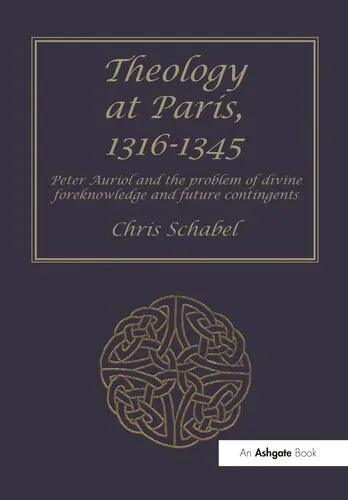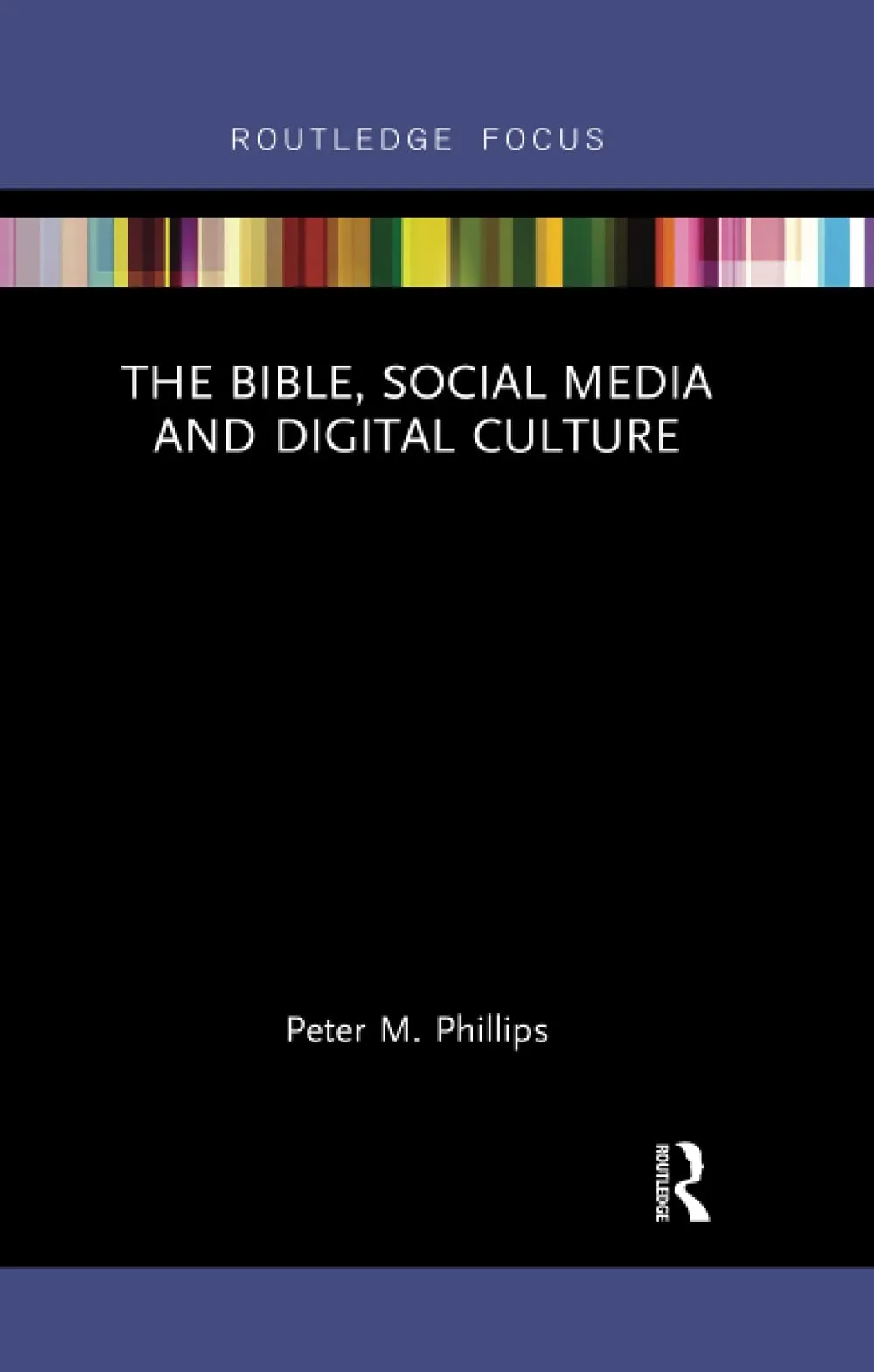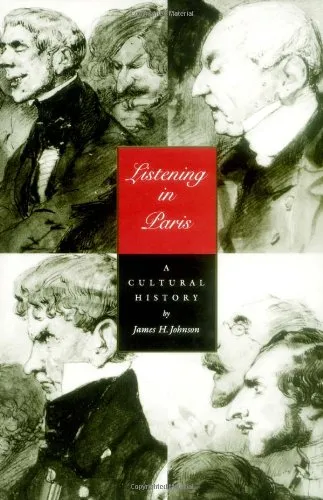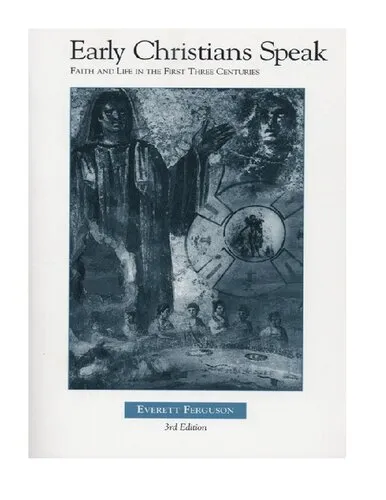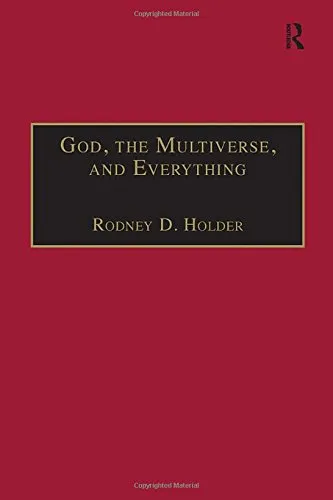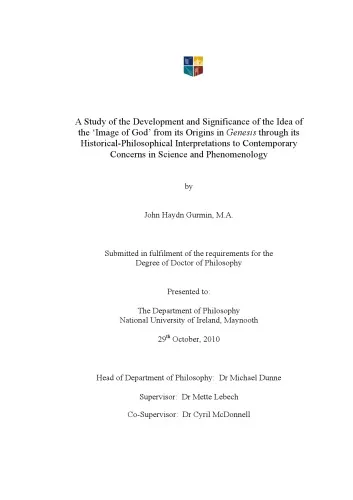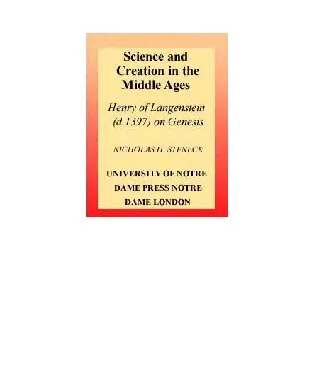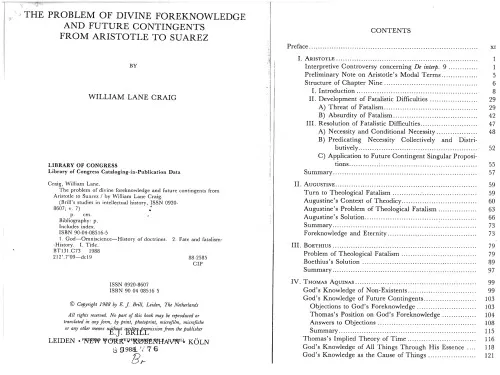Theology at Paris, 1316–1345: Peter Auriol and the Problem of Divine Foreknowledge and Future Contingents (Ashgate Studies in Medieval Philosophy)
4.5
Reviews from our users

You Can Ask your questions from this book's AI after Login
Each download or ask from book AI costs 2 points. To earn more free points, please visit the Points Guide Page and complete some valuable actions.Related Refrences:
Introduction to "Theology at Paris, 1316–1345: Peter Auriol and the Problem of Divine Foreknowledge and Future Contingents"
In the early 14th century, the University of Paris was at the forefront of theological inquiry, grappling with some of the most intricate and enduring questions of human existence. Among these was the dilemma of divine foreknowledge and human free will: how can God, who knows everything in advance, allow for genuine human freedom and future contingencies? My book, Theology at Paris, 1316–1345: Peter Auriol and the Problem of Divine Foreknowledge and Future Contingents, delves deeply into this intellectual landscape, examining the philosophical and theological contributions of Peter Auriol, a pivotal figure in medieval thought. This work offers a comprehensive analysis of a critical period in the history of Christian theology, shedding light on Auriol's groundbreaking ideas and the broader academic debates they inspired.
Detailed Summary of the Book
The book focuses on the years 1316 to 1345, a transformative period in the history of scholastic theology at the University of Paris. During this time, Peter Auriol, a Franciscan theologian, made significant contributions to the debate over divine foreknowledge and future contingents. The central question he tackled was this: If God is omniscient and knows every future event with certainty, how can human beings still possess free will, particularly in relation to actions that are contingent or not yet determined?
Auriol's approach was notable for his originality and philosophical rigor. Unlike some of his contemporaries, Auriol rejected certain long-standing interpretations of divine knowledge, proposing instead a nuanced explanation that sought to reconcile God's omniscience with human freedom. He developed a revolutionary "middle knowledge" model of divine cognition, which positioned God's foreknowledge as compatible with the contingency of future events. This rethinking of divine attributes also led him to engage with broader discussions on causality, temporality, and metaphysical necessity.
My book situates Auriol's work within the intellectual ecosystem of early 14th-century Paris, contextualizing his arguments alongside the contributions of his contemporaries, such as John Duns Scotus and William of Ockham. It also examines the ways in which Auriol's ideas influenced later thinkers and remained relevant to contemporary philosophical-theological discussions. Through a detailed textual analysis, I trace the progression of Auriol's arguments, highlighting their philosophical precision and theological significance.
Key Takeaways
The book offers several important insights for scholars and readers interested in medieval philosophy, theology, and the history of ideas. Some key takeaways include:
- Peter Auriol's contributions provide a fresh perspective on the relationship between divine omniscience and human freedom, challenging standard scholastic interpretations.
- The 14th century was a period of vibrant intellectual activity, with thinkers like Auriol pushing the boundaries of theological and philosophical inquiry at the University of Paris.
- Auriol's work on divine foreknowledge offers a significant precedent to later debates on free will and determinism, influencing both medieval and early modern thought.
- Understanding Auriol’s ideas deepens our appreciation of the complexity of medieval metaphysics and its enduring relevance in contemporary philosophical discussions.
Famous Quotes from the Book
"To grasp the problem of divine foreknowledge is to stand at the crossroads of reason and faith, where medieval thinkers sought not merely to assert belief, but to understand it in all its complexity."
"Peter Auriol’s nuanced approach to future contingents reminds us that even in theological debates, uncertainty is not a flaw but a necessary condition for freedom."
Why This Book Matters
Theology at Paris, 1316–1345 matters because it unveils the richness and depth of medieval thought, a period often misunderstood or underestimated in contemporary studies. By focusing on Peter Auriol, this book highlights a figure whose ideas challenge conventional narratives about the history of theology. Auriol's work was far ahead of his time, dealing with questions that remain central to both philosophy and theology today.
The book also shows how academic institutions like the University of Paris shaped intellectual history by fostering rigorous debate on topics that resonate with modern audiences. In an age when the intersections of faith and reason continue to provoke discussion, Auriol's striving for coherence between God's omniscience and humanity's freedom offers a model of how to approach seemingly irreconcilable ideas.
This is not merely a work for historians of philosophy or theology; it is a valuable resource for anyone grappling with the fundamental questions of freedom, causation, and the nature of divine knowledge. Auriol’s investigations remind us that progress in thought comes through courageously engaging with the most difficult problems, a legacy worth cherishing and exploring further.
Free Direct Download
You Can Download this book after Login
Accessing books through legal platforms and public libraries not only supports the rights of authors and publishers but also contributes to the sustainability of reading culture. Before downloading, please take a moment to consider these options.
Find this book on other platforms:
WorldCat helps you find books in libraries worldwide.
See ratings, reviews, and discussions on Goodreads.
Find and buy rare or used books on AbeBooks.
1288
بازدید4.5
امتیاز0
نظر98%
رضایتReviews:
4.5
Based on 0 users review
Questions & Answers
Ask questions about this book or help others by answering
No questions yet. Be the first to ask!
